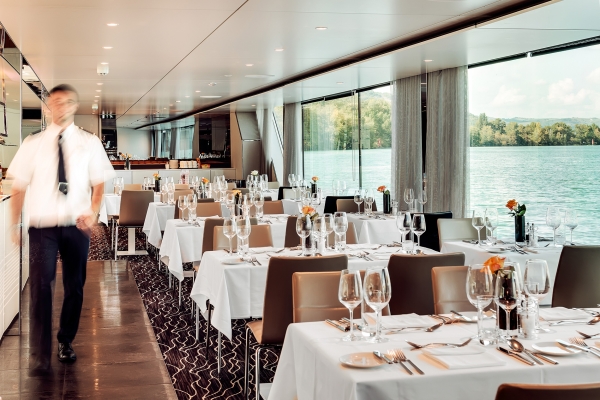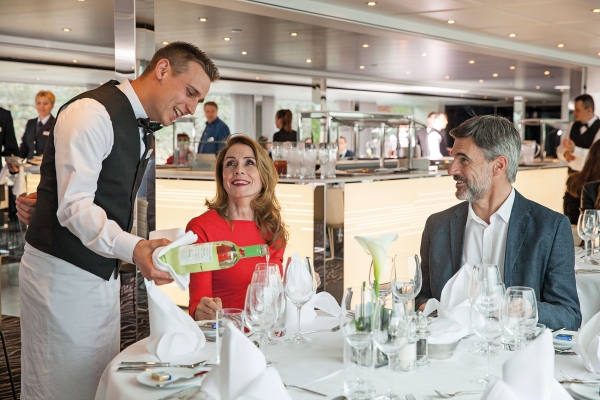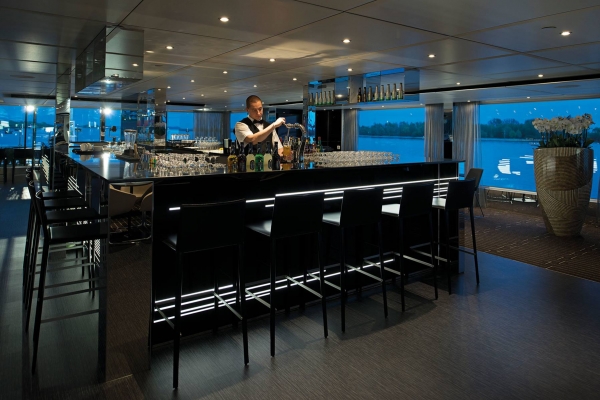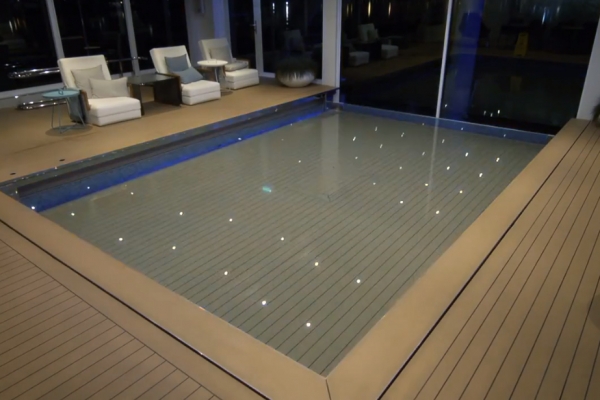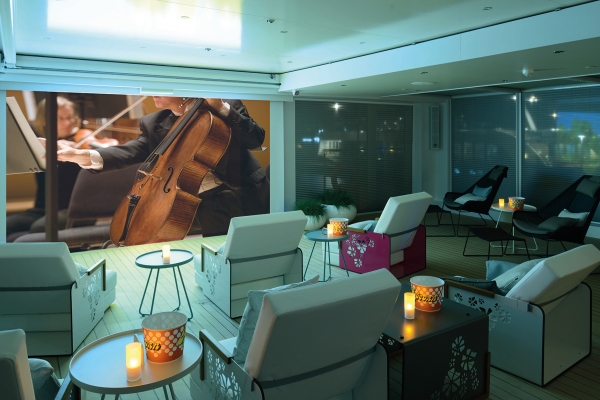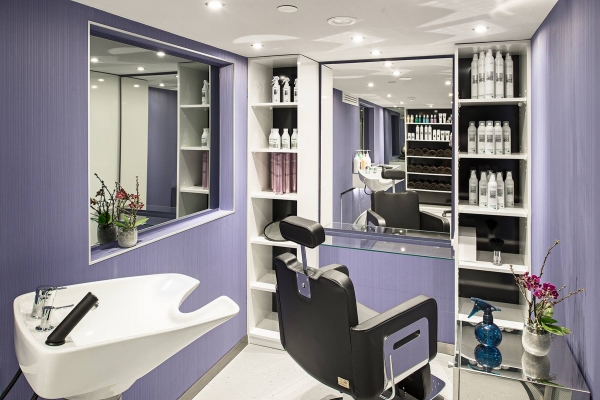21 Aug 2026
Berlin
01:00
01:00
Berlin, Germany’s capital, dates to the 13th century. Reminders of the city’s turbulent 20th-century history include its Holocaust memorial and the Berlin Wall’s graffitied remains. Divided during the Cold War, its 18th-century Brandenburg Gate has become a symbol of reunification. The city’s also known for its art scene and modern landmarks like the gold-colored, swoop-roofed Berliner Philharmonie, built in 1963.
22 Aug 2026
Berlin
01:00
01:00
Berlin, Germany’s capital, dates to the 13th century. Reminders of the city’s turbulent 20th-century history include its Holocaust memorial and the Berlin Wall’s graffitied remains. Divided during the Cold War, its 18th-century Brandenburg Gate has become a symbol of reunification. The city’s also known for its art scene and modern landmarks like the gold-colored, swoop-roofed Berliner Philharmonie, built in 1963.
23 Aug 2026
Berlin
01:00
01:00
Berlin, Germany’s capital, dates to the 13th century. Reminders of the city’s turbulent 20th-century history include its Holocaust memorial and the Berlin Wall’s graffitied remains. Divided during the Cold War, its 18th-century Brandenburg Gate has become a symbol of reunification. The city’s also known for its art scene and modern landmarks like the gold-colored, swoop-roofed Berliner Philharmonie, built in 1963.
24 Aug 2026
Mainz
01:00
01:00
Mainz is a German city on the Rhine River. It’s known for its old town, with half-timbered houses and medieval market squares. In the center, the Marktbrunnen is a Renaissance fountain with red columns. Nearby, a distinctive octagonal tower tops the Romanesque Mainz Cathedral, built of deep red sandstone. The Gutenberg Museum honors the inventor of the printing press with exhibits, including 2 of his original bibles.
25 Aug 2026
Rudesheim, Germany
01:00
01:00
Rüdesheim am Rhein is a town in the Rhine Valley, Germany. It’s known for winemaking, especially of Riesling wines. In the center, Drosselgasse is a lane lined with shops, taverns and restaurants. Nearby, Siegfried’s Mechanical Music Cabinet is a museum of automated musical instruments. Medieval Brömserburg Castle is home to the Rheingau Wine Museum, exhibiting wine paraphernalia from ancient times to the present.
26 Aug 2026
Bernkastel,Germany
01:00
01:00
Bernkastel-Kues is a town on the Middle Moselle in the Bernkastel-Wittlich district in Rhineland-Palatinate, Germany. It is a well-known winegrowing centre
27 Aug 2026
Trier
01:00
01:00
Trier is a southwestern German city in the Moselle wine region, near the Luxembourg border. Founded by the Romans, it contains several well-preserved Roman structures like the Porta Nigra gate, the ruins of Roman baths, an amphitheater just outside the center and a stone bridge over the Moselle River. The Archaeological Museum displays Roman artifacts. Among Trier’s many Catholic churches is Trier Cathedral.
28 Aug 2026
Cochem, Germany
01:00
01:00
Cochem is the seat of and the biggest town in the Cochem-Zell district in Rhineland-Palatinate, Germany. With just over 5,000 inhabitants, Cochem falls just behind Kusel, in the Kusel district, as Germany’s second smallest district seat. Since 7 June 2009, it has belonged to the Verbandsgemeinde of Cochem
29 Aug 2026
Koblenz, Germany
01:00
01:00
Koblenz, spelled Coblenz before 1926, is a German city on the banks of the Rhine and of the Moselle, a multi-nation tributary. Koblenz was established as a Roman military post by Drusus around 8 B.C. Its name originates from the Latin cōnfluentēs, meaning ” confluence”
30 Aug 2026
Mainz
01:00
01:00
Mainz is a German city on the Rhine River. It’s known for its old town, with half-timbered houses and medieval market squares. In the center, the Marktbrunnen is a Renaissance fountain with red columns. Nearby, a distinctive octagonal tower tops the Romanesque Mainz Cathedral, built of deep red sandstone. The Gutenberg Museum honors the inventor of the printing press with exhibits, including 2 of his original bibles.
31 Aug 2026
Nuremberg, GermanY
01:00
01:00
Nuremberg is the second-largest city of the German state of Bavaria after its capital Munich, and its 518,370 inhabitants make it the 14th-largest city in Germany.
1 Sep 2026
Munich
01:00
01:00
Munich, Bavaria’s capital, is home to centuries-old buildings and numerous museums. The city is known for its annual Oktoberfest celebration and its beer halls, including the famed Hofbräuhaus, founded in 1589.
2 Sep 2026
Munich
01:00
01:00
Munich, Bavaria’s capital, is home to centuries-old buildings and numerous museums. The city is known for its annual Oktoberfest celebration and its beer halls, including the famed Hofbräuhaus, founded in 1589.
3 Sep 2026
Munich
01:00
01:00
Munich, Bavaria’s capital, is home to centuries-old buildings and numerous museums. The city is known for its annual Oktoberfest celebration and its beer halls, including the famed Hofbräuhaus, founded in 1589.



